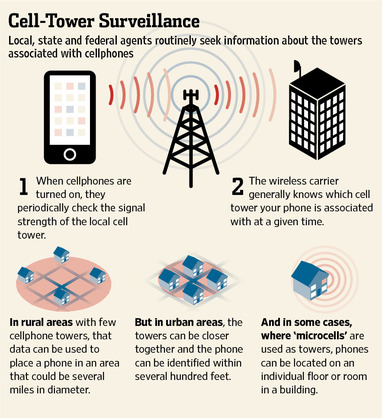The Wall Street Journal, Page One

BlueCava CEO David Norris plans to fingerprint billions of devices. Tracking cookies ‘are a joke,’ he says.
IRVINE, Calif.—David Norris wants to collect the digital equivalent of fingerprints from every computer, cellphone and TV set-top box in the world.
He’s off to a good start. So far, Mr. Norris’s start-up company, BlueCava Inc., has identified 200 million devices. By the end of next year, BlueCava says it expects to have cataloged one billion of the world’s estimated 10 billion devices.
Advertisers no longer want to just buy ads. They want to buy access to specific people. So, Mr. Norris is building a “credit bureau for devices” in which every computer or cellphone will have a “reputation” based on its user’s online behavior, shopping habits and demographics. He plans to sell this information to advertisers willing to pay top dollar for granular data about people’s interests and activities.
Read more at The Wall Street Journal and see the full What They Know series online.




